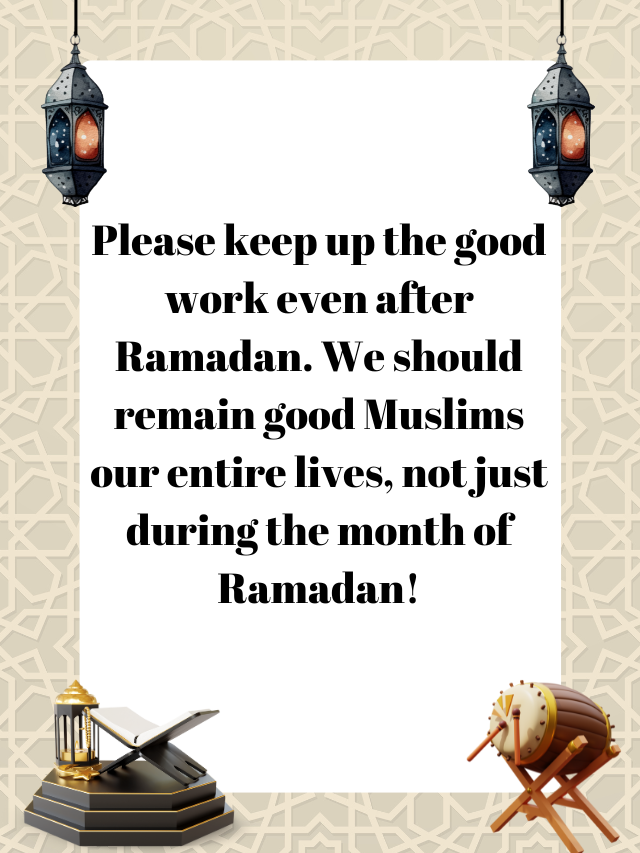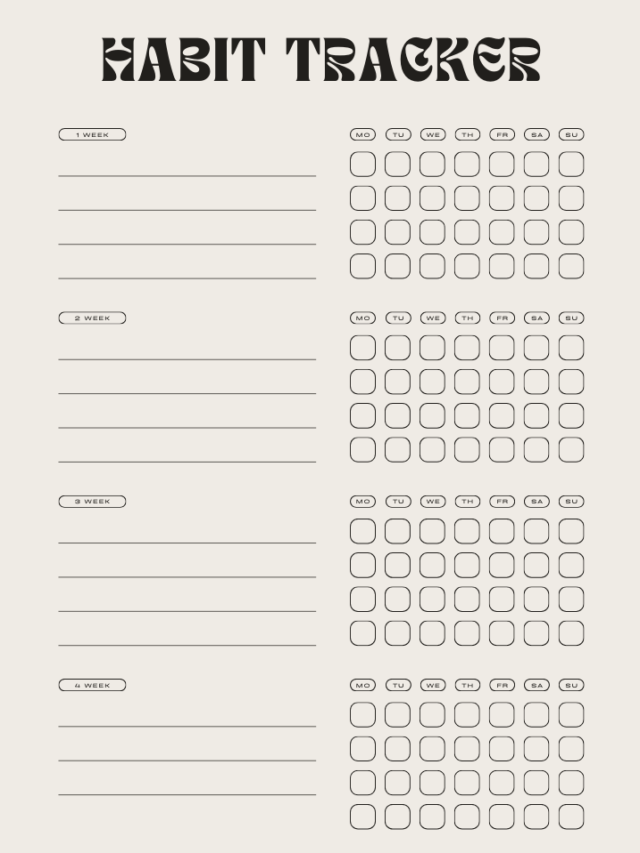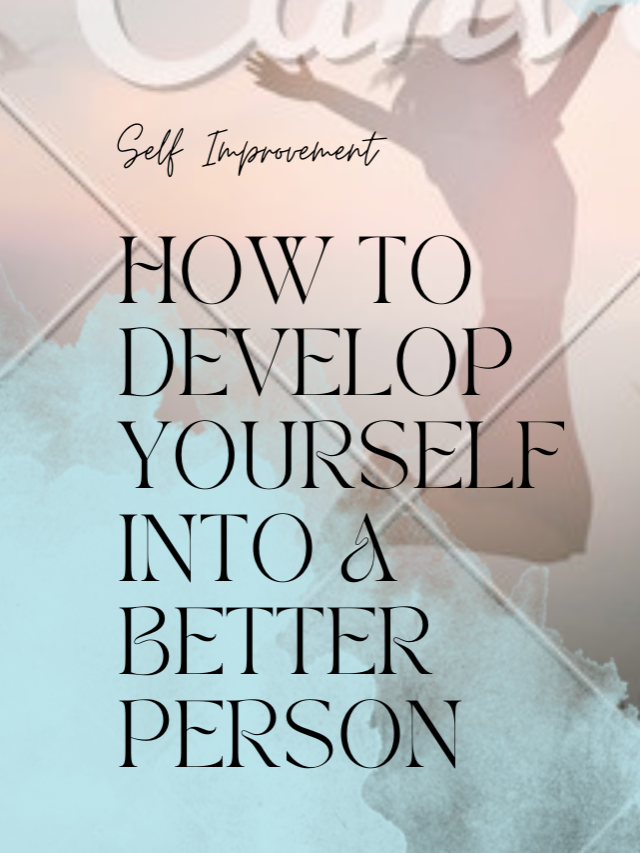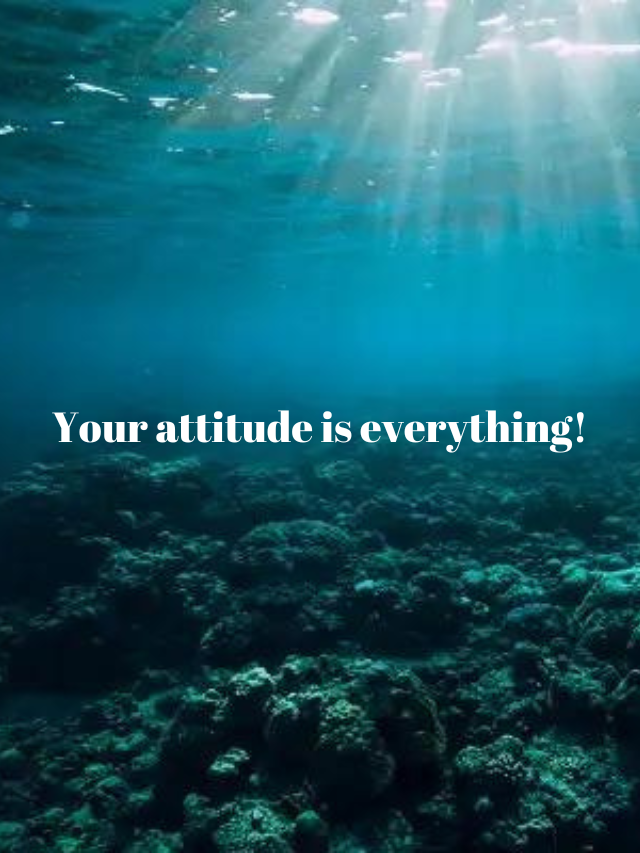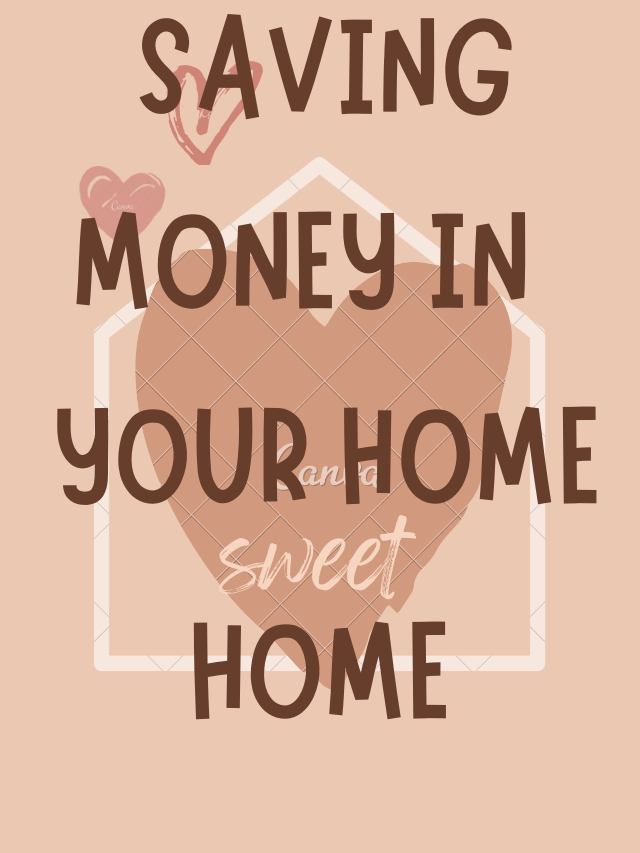Honestly, lots of information on the Web!
You will find probably crores of articles on the internet about Homeopathy, what it is, and other such details of it. One such source is HomeoWealth. So, I won’t delve into the nitty-gritty of Homeopathy. Instead, what I will do in this article is to let you know the basic details of Homeopathy in a very simple manner – those details which are of real help to the patients interested in choosing it.
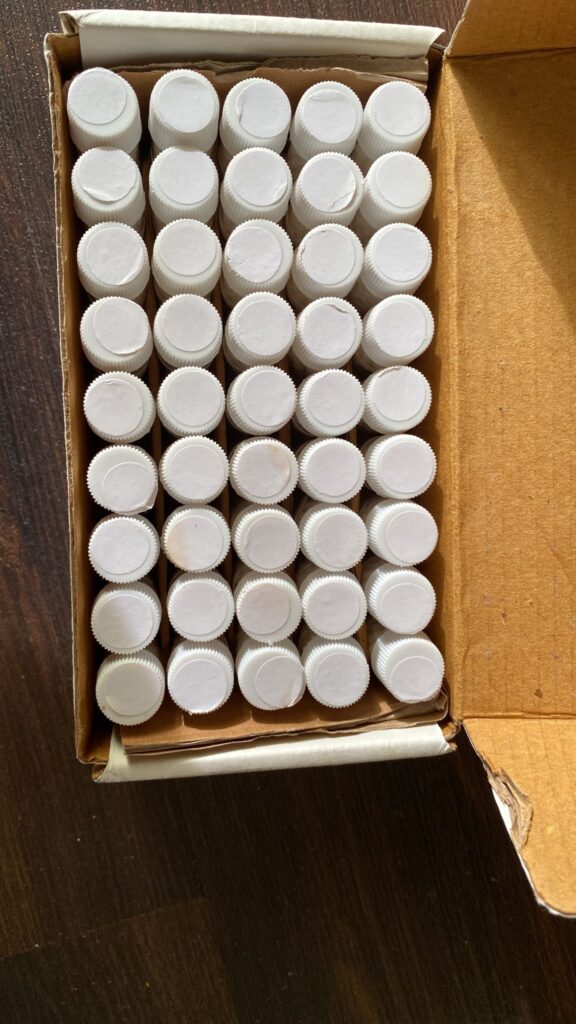
Brief introduction about Homeopathy
Homeopathy is one of the youngest systems of medicine – the name itself was coined by a German practitioner of Allopathy, Dr. Samuel Hahnemann in 1790 who discovered Homeopathy. He coined this term to differentiate it from Allopathy (even this term ironically was coined by Dr. Hahnemann himself)! Homeopathy is based on the principle, ‘Similia similibus curenture’ meaning ‘Let likes/similars be cured by likes/similars’ or in a layman’s terms – a thorn/nail is removed by another thorn/nail. The opposite is true of Allopathy which operates upon the principle, ‘Dissimilia dissimilibus curenture’ meaning ‘Let dislikes/dissimilars be cured by dislikes/dissimilars’. Now, what is all this? It simply means that in Allopathy, suppose if a patient has a fever (hyperthermia), then a drug/medicine is given which produces hypothermia. Or if a patient has diarrhea, then a drug/medicine is given which produces constipation. Whereas in Homeopathy, if a patient has a fever, a drug/medicine is given which produces fever but the action of this drug is such that its action is slightly stronger than the fever in the patient and eliminates the fever. Ditto for diarrhea.
The nitty-gritty of Homeopathy
Homeopathy uses medicines in the form of mother tinctures, dilutions, and bio combination tablets. The last are combinations of 12 salts (biochemic) developed by Dr. Schuessler and clubbed along with Homeopathy. In addition to these, several companies have introduced combinations of medicines in the form of tablets, tonics, ointments, etc. However, the basic principle elucidated by Dr. Hahnemann will and always remain the gold standard for Homeopathy. Several theories have sprung up after the death of Dr. Hahnemann, some even during his lifetime itself. But Homeopathy is as simple as this – suppose if a patient has a set of symptoms at a particular point of time in his lifetime, s/he requires a remedy matching the set of symptoms (termed ‘totality of symptoms’ in Homeopathy). Every patient has a remedy called the ‘Constitutional’ remedy which nearly covers all the symptoms of the patient for the majority of his/her problems. Does that mean s/he won’t require any other medicine other than the Constitutional remedy throughout his/her life? No, they might require other medicines too if the need arises. But most of the time, the constitutional remedy will help because it fits like a glove.
How does Homeopathy work?
Honestly, nobody knows the answer to this question except the Almighty. Then why use it in the first place? Most of the skeptics of Homeopathy consider it to be nothing but just a placebo. Fine, agreed it’s a placebo. But at least this is such a placebo that does not cause any harm and unnecessary side effects. Several scientists have used fields as diverse as Quantum mechanics to the latest and budding science, Nanotechnology but none have been able to prove how it works? But it works. Several patients have reported cures from long, chronic, and stubborn problems with just a single dose of Homeopathic medicine. The most common explanation for the working of Homeopathy seems to be that the molecules of water retain the memory of the medicine even when it is diluted beyond the Avogadro’s limit (6.023 x 10^23)!
Who are Homeopaths?
A Homeopathic practitioner is not some kind of Private Medical Practitioner (PMP) as some people tend to believe. PMPs are usually people who are trained under Allopaths or practitioners of other systems of Medicine and then tend to start their practice but they are permitted only to offer first-aid to patients.
Do remember that the practitioners of Homeopathy are well-trained, undergo the compulsory one-year internship, and study all the subjects and textbooks studied by Allopathic students except Pharmacology for a total of 5 ½ years. In addition, students of Homeopathy and other branches of Complementary & Alternative Medicine (CAM) collectively called AYUSH (Ayurveda, Yoga & Naturopathy, Unani, Siddha, Homeopathy) in India study the subjects of their respective systems of medicine. So, in total, there are six government-recognized systems of Medicine in India. Many patients ask Homeopathic Doctors if they offer injections. Please remember that the principles of Homeopathy do not permit even such a small pain like that of an injection. The principles of Homeopathy (more specifically Dr. Hahnemann in the second aphorism of his Organon of Medicine aka ‘The Bible’ of Homeopathy) state that “The highest ideal of cure is rapid, gentle, and permanent restoration of health, or removal and annihilation of the disease in its whole extent, in the shortest, most reliable, and harmless way, on easily comprehensible principles.”
So, just considering Homeopathy even as a placebo, if it works, what’s the harm in using it? The best way to go about this is the adaption of Integrated Medicine (Allopathy + CAM) pioneered by Dr. Andrew WeilMD of the USA. Alternative systems of medicine like Homeopathy, Ayurveda, Unani, etc. come under the banner of CAM.


